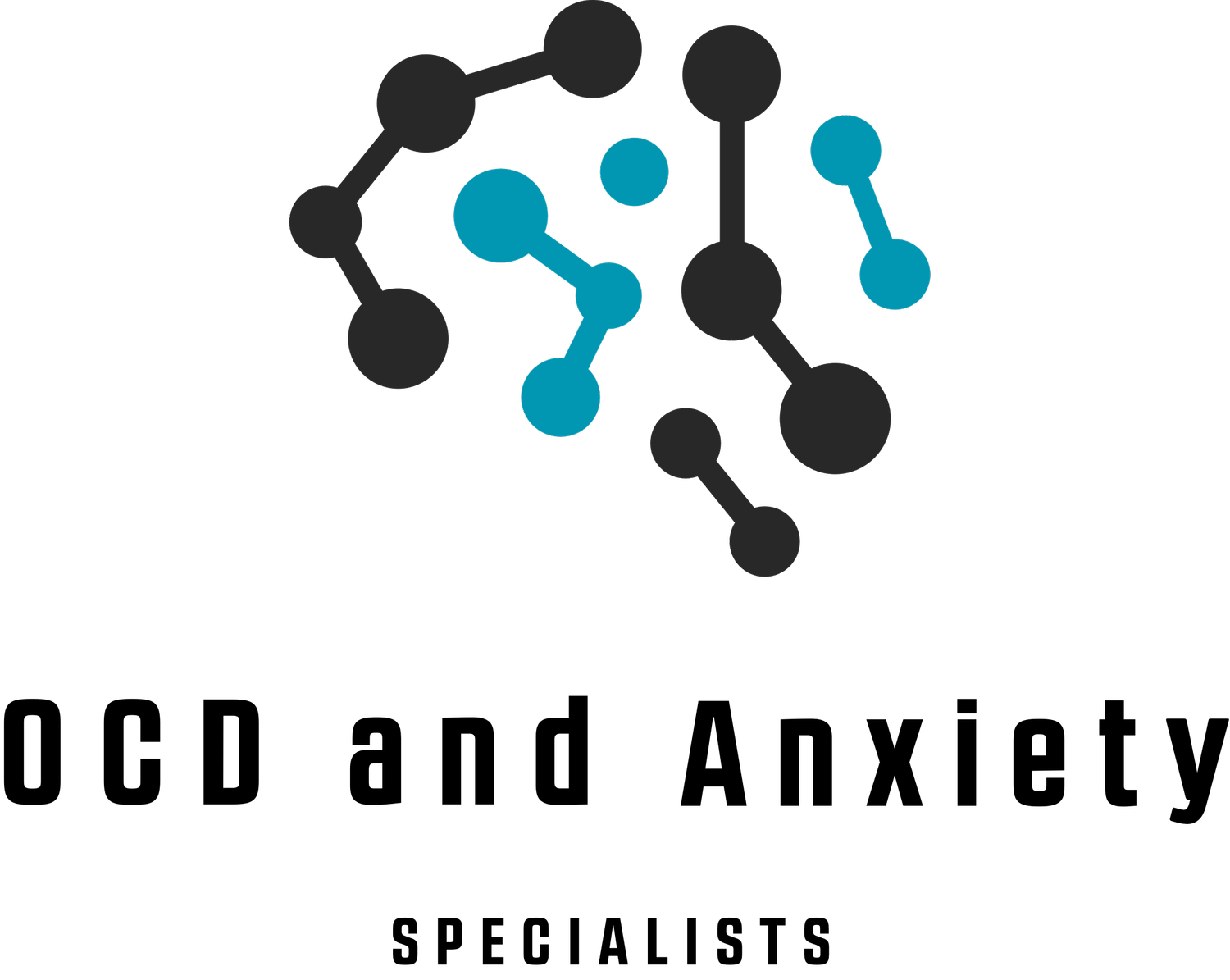How Effective is OCD Therapy?
Clients are often hesitant to begin therapy because it can feel like a gamble: it requires an investment of time, money, and energy in the hopes of the reward of a better quality of life with no guarantees that it will work.
Luckily, there are ways of reducing the risk of investing in therapy that doesn’t work. One way to determine how successful therapy is likely to be is by looking into overall effectiveness rates of different types of therapy. For example, a brief search into Exposure and Response Prevention (ERP) will find that it is considered the gold standard treatment for OCD and has high rates of success.
The challenge remains, however, in finding a clinician that is competent at delivering therapy effectively. I’ve heard many disheartening stories of clients who had gone to clinicians who claimed to be proficient at treating OCD using ERP but failed to deliver the treatment effectively.
Does ERP work?
To aid prospective clients in making a rational decision, I’ve presented below my effectiveness rates in treating OCD compared to other clinicians. For information on how I calculated these numbers, you can continue to read below the table.
Good ERP for OCD, done by an expert, should have clear and measurable results on your life. If you are working with a clinician, even myself, who is not clearly having an effect on your life, I encourage you to have a conversation about whether the treatment is worth it to you. For insight as to why my work may be more effective than the work analyzed in these published studies, you can refer to this link.
How were these numbers calculated?
This data is drawn from the 51 patients that I treated for OCD who completed treatment within the past two years. All patients included had a primary diagnosis of OCD and did not have any organic disorders such as significant brain damage. The numbers for “Other Clinicians” are drawn from this large study of the effectiveness of OCD treatment as practiced in multiple different settings, which can be found here.

